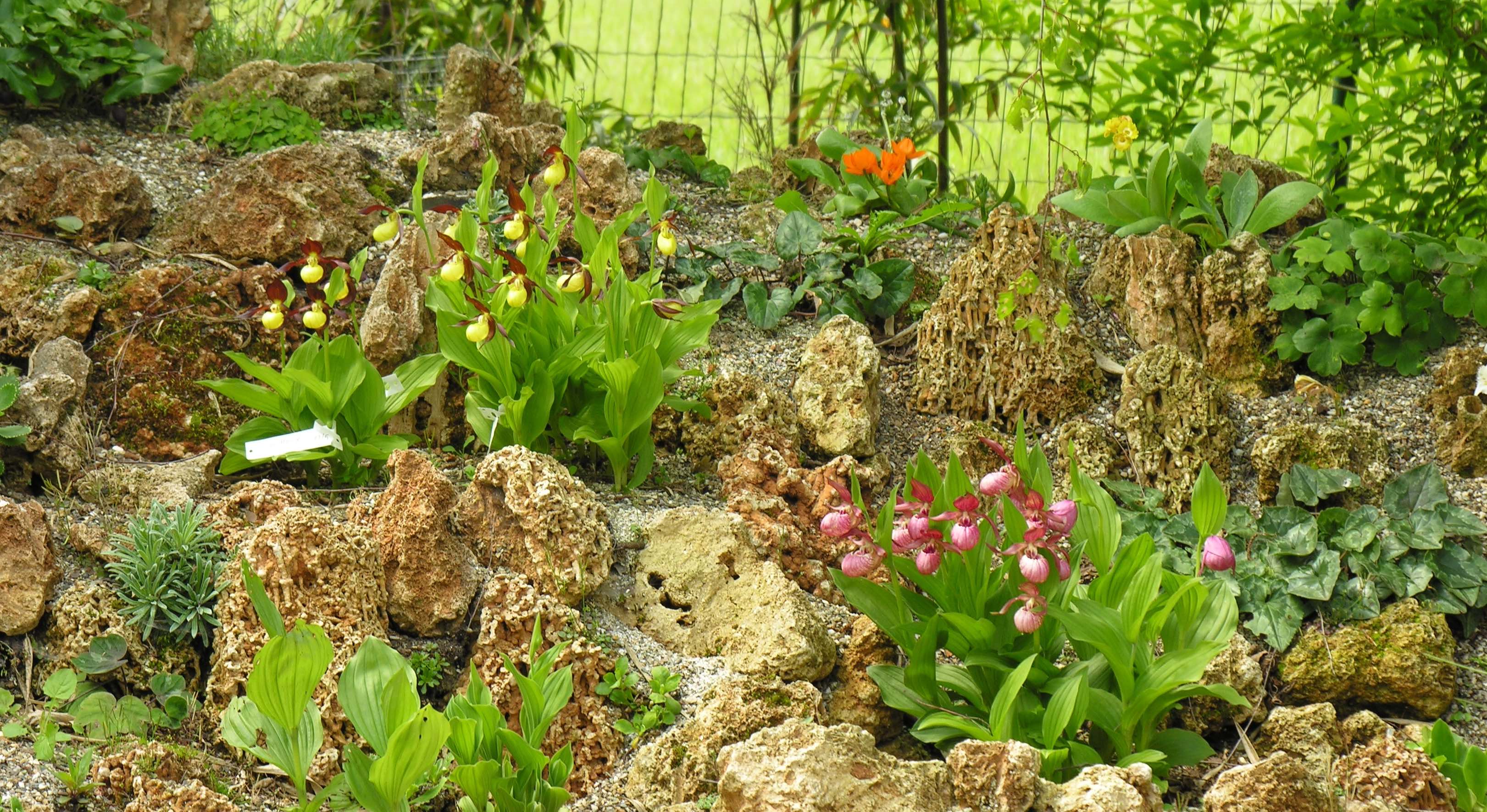Cart 0 Product Products (empty)
No products
Free shipping! Shipping
0,00 € Tax
0,00 € Total
Product successfully added to your shopping cart
Quantity
Total
There are 0 items in your cart. There is 1 item in your cart.
Total products
Total shipping Free shipping!
Tax 0,00 €
Total
Categories
New products
-

Dacylorhiza purpurella - Vitro seedlings (50 pieces)
The in vitro seedlings from our laboratory are a healthy starting...
70,75 €
FAQ
Avez vous besoin d'aide ? Consultez notre page dédiée aux FAQ.
Shade or sunshine ? Where should you plant your garden orchids ?
Published : 08/09/2017 13:16:07
Categories : General , Growing

Shade or sunshine ? Where should you plant your garden orchids ?
Phytesia's range of garden orchids has consistently grown over the years, to the point where today about fifty selected varieties are available.
Of course, not all these perennial orchids flourish in the same environments. In the wild some can be found in the undergrowth, others prefer wet lawns, dry meadows or the edges of ponds or streams. These conditions, specific to each variety, should obviously be respected as closely as possible to guarantee successful growth. A plant growing in a suitable environment will develop each year to eventually form stunning flower beds, whereas the orchid's growth may stagnate if it is planted in an unfavourable environment. When you choose your plants, it is therefore important to learn about your favourite species' natural habitats to select the areas of your garden that are the most similar.
As a general rule, the majority of perennial orchids will prefer semi-shaded areas
Cypripedium, for example, can often be found in the undergrowth. Cypripedium's rhizomes do not like heat but rather prefer soils that remain cool, especially in summer. The rhizome should never be allowed to completely dry out during summer. That is why we recommend a spot that is out of the sun during the hottest hours of the day. Wooded environments should also be preferred. The coolness of the evening or night allows the plant to 'recover' even when the day has been extremely hot. This is essential for successfully growing Cypripedium beds; it is often the lack of water and the summer heat which causes the most problems for Cypripedium - much more than the winter cold.

